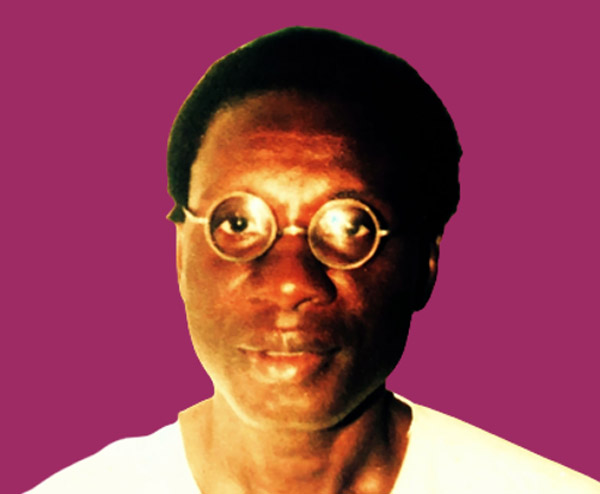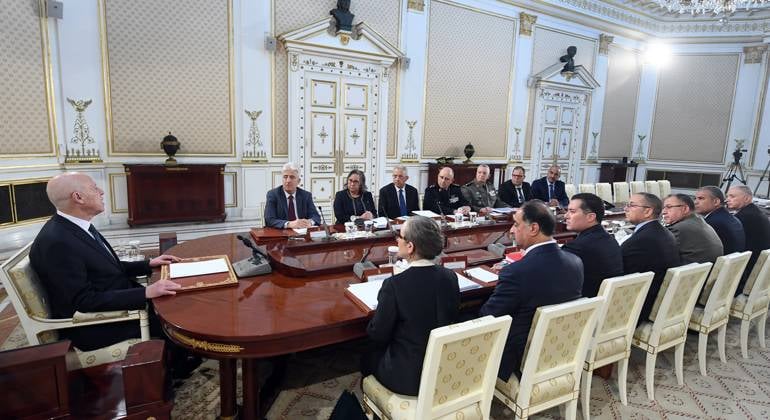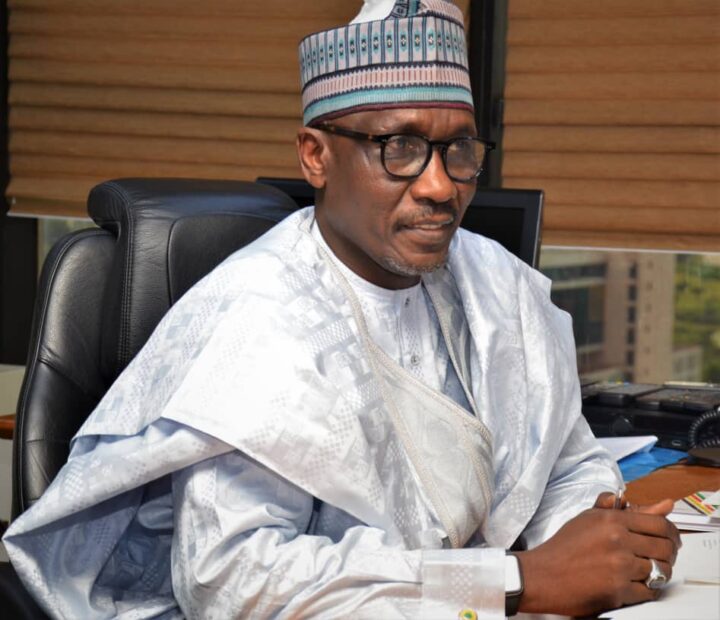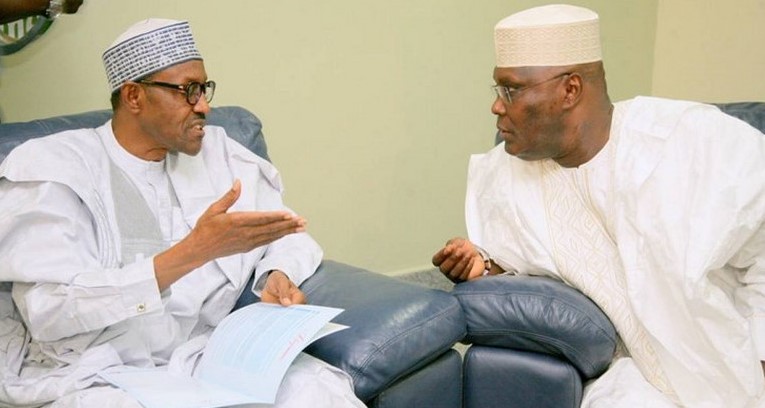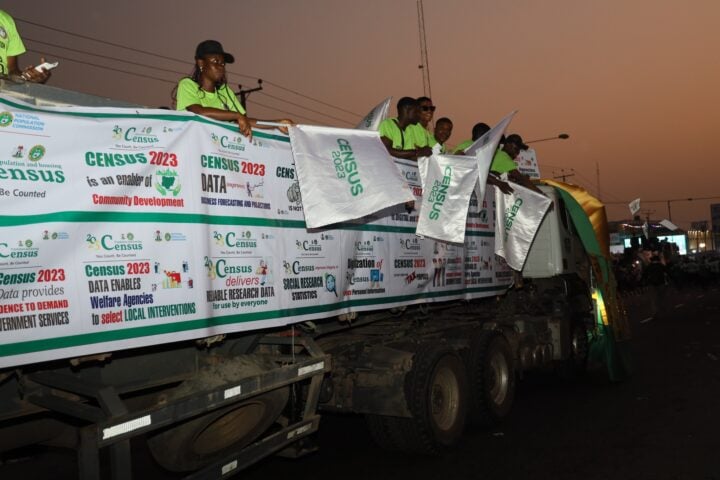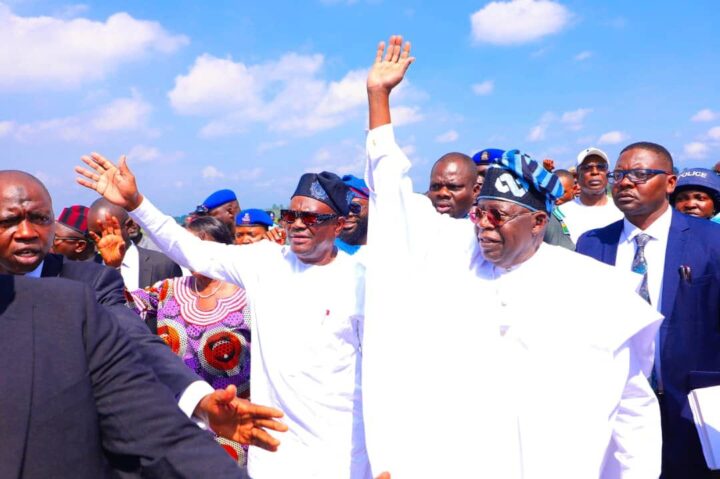When I started reporting and analyzing Nigeria in the 1990s, I was unsure of the monster before me. Looking at the Nigerian political class from an up close and personal range, I could not rationalize their driving force. I witnessed the deceit they received at the hands of Ibrahim Babangida and wondered what force could be so powerful and blinding.
Then, one Saturday morning in Lagos, he appeared on a TV show and said something so profound. He noted that the premium for power at the center was too much and had continued to push Nigeria’s political arena into disarray. That was in 1992. In just one statement, he diagnosed the problem and indicated where the solution lay. Before then, I had never seen the man or heard his name, but that statement has stayed in my mind ever since. Four years after, he died in a plane crash off Lagos.
Recently, I came across a keynote address he gave on December 16, 1992, at the inaugural dialogue of the Obafemi Awolowo Foundation in Lagos. In the address published in African Concord on January 4, 1993, under the caption, “A Confused People,” he predicted the course of political events in Nigeria and proffered solutions. He foresaw the emergence of Ohanaeze, Arewa, Afenifere, and other ethnic-based organizations and the corresponding increase in ethnonationalism. He warned that Nigeria would fall into greater despair if we continued to search for good leaders rather than be leaders ourselves.
More than anything else, he went into what was as he projected what would be. He advocated a quick shake-up of the structures of Nigeria such that the same characters do not continue to take the whole nation on a ride. He looked at the fundamental questions we ignored that have continued to eschew whatever sensible or rational prescription we offer. He called it a time bomb that may explode today or tomorrow, depending on whether it has a fuse that ticks very slowly or one that ticks fast. But in the meantime, he said, “We waste away waiting to begin, dying by installment, and forgotten by time and progress.”
Advertisement
It may not yet be clear to many, but the crises have deepened as the great hope of getting it right in the 2023 election ends like others before it. Many searching for a solution will have to listen to the voices of the ignored. Over twenty years ago, he said these were urgent. But we ignored it at our peril. We have consistently pursued insignificant things. No wonder our confusion continues. No wonder each generation of our politicians has become worse than the ones who preceded them. As a reminder to all those who, when the thunder rolls in, will claim ignorance of the fundamental problems of our nationhood and the possible solutions, I present to you the late Professor Claude Ake in his own words:
“…If we have been concerned with irrelevant and second-order problems in ways that are not productive, what are the salient problems, and how might we address them? One has already been discussed, namely the nature of the politics we practice. I want to add two more. The first is the reality of multinationality, which continues to threaten us. We have preached ethnonationalism, blamed it for everything, legislated against it, and attempted to deny it political expression. But even as we do so, it grows stronger and more domineering. At this point, it has markedly reduced the prospect of collective identity and democratic stability.
Perhaps the first thing to understand in dealing with this problem is that even though it is prone to abuse, ethnonationalism expresses fundamental needs. History, especially the colonial experience, has saddled us with the problem of crystallizing a sense of who we are and where we belong socially because we have been under unrelenting pressure from the hegemonic homogenization of Westernization. Ethnonationalism gives us some chance to affirm our humanity and to claim a social space and a cultural milieu where we can feel at home. If the tenacity with which some of us cling to certain traditional cultural symbols and a fabricated past seems surprising, one must consider the implications of lacking a sense of self and of being lost in a cultural wilderness.
Advertisement
Nigeria will need to pay more attention to these developments. I can think of no better way to begin than rethinking ethnicity and nationalism, which we would rather judge than understand. The usual easy judgment is an unaffordable luxury at a time when long-established states are decomposing under pressure from ethnic and nationalist assertiveness and when the international community is shrugging off their demise. The implications of this for Nigeria, where several hundred ethnic and national groups are crammed chaotically and oppressively into one unitary state, are easy enough to imagine.
In these circumstances, it is entirely desirable that we begin to devise political arrangements, which express the reality of Nigeria as a federation of ethnicities and nationalities. This is extremely urgent. The vast majority of ethnic and national groups in this country are feeling increasing that far from being a fair deal, their incorporation into Nigeria is grossly oppressive and getting more so.
These are structural problems. They are associated with certain attitudinal problems, which have to be addressed simultaneously. To mention just a few by way of illustration: First, we are too different. All too often, we show no sign of understanding that we are, each and every one of us, relevant and important to the fate of our country. Instead of drawing on our own resources, we are forever looking up to someone else, forever searching for good leaders to see us through. Even among the more influential and most thoughtful people in this country, the belief that the problem with Nigeria is leadership is very strong. Leadership is hardly the problem. We ought to curb our constant yearning for good leaders and be grateful that we have had so few of them. What we need is not leaders to follow, but everyone becomes a leader. Our bane is our resignation to being eternally passive objects of our people’s will, begging on our knees for our rights and entitlements, and construing politics as the search for a redeemer. As long as we remain like that, we can never attain democracy of any depth, and we can never be free from tyranny.
Second, we need a serious and practical commitment to sharing the burdens and the rewards of citizenship with equity. We think we are getting justice only when we are in a position to dominate and oppress others. Once in that position, we hardly ever muster the discipline and the objectivity to allow others to have rights. Those who complain vociferously that they are oppressed by the regional distribution of power have no qualms about being oppressive in states that they control; those who complain about being oppressed in their state dish out oppression in generous doses in local government areas which they control. And so on.
Advertisement
In the present conjuncture, how might we effectively initiate the collective effort to clear these points of departure? I believe that a national conference is a good place to begin. It is a particularly effective way of mobilizing practically everyone into the vortex of politics and initiating the idea of everyone as a leader, which we propose here. More importantly, a national conference will break up the rigidities of the existing power structure and institutions, bringing more social forces into relevance and broadening the base of the national debate. It will free people to think more imaginatively. More than any other political arrangement for transformation other than revolution, the national conference is likely to open all issues and rearrange everything as necessary.
But let there be no illusions about this. National conferences are events of exceptional complexity that could degenerate into confusion or worse. They are most appropriate in situations where the government has lost control, and the people are in revolt, conditions that do not currently exist in Nigeria. Going by the present state of our politics, there is just a chance that a national conference could deteriorate into a bitter contestation of parochial concerns with the result that instead of understanding our differences in order to manage them better, we may absolutize them to our grief.
In the end, the question of a national conference in Nigeria comes down to a choice between fear and hope. Fear that the conference could be the midwife of disintegration; hope that it will deepen democracy and evolve the basic consensus on fundamentals, which will finally make Nigeria a going concern. A difficult choice, perhaps, I believe that we should come down on the side of hope. All the more so because there is no country in Africa where the national conference has not advanced political renewal and democratization and because there is really no alternative in our present circumstances.
To conclude, for the political question in general, the rot is deeper and more pervasive than it appears, and much of what is on offer in the way of remedy does not even begin to address it. … It may well be that we will soon have a civilian government.
Advertisement
Even so, as we have seen, the real problems will remain unsolved, a veritable time bomb. We may be lucky and struggle to safety before it blows. Then again, we may not. It could blow tomorrow. Worse yet, it may be a very slow fuse ticking forever while we waste away waiting to begin, dying by installment, and forgotten by time and progress.”
Rudolf Ogoo Okonkwo teaches Post-Colonial African History at the School of Visual Arts in New York City. He is also the host of Dr. Damages Show. His books include “This American Life Sef” and “Children of a Retired God,” among others.
Advertisement
Views expressed by contributors are strictly personal and not of TheCable.
Add a comment

